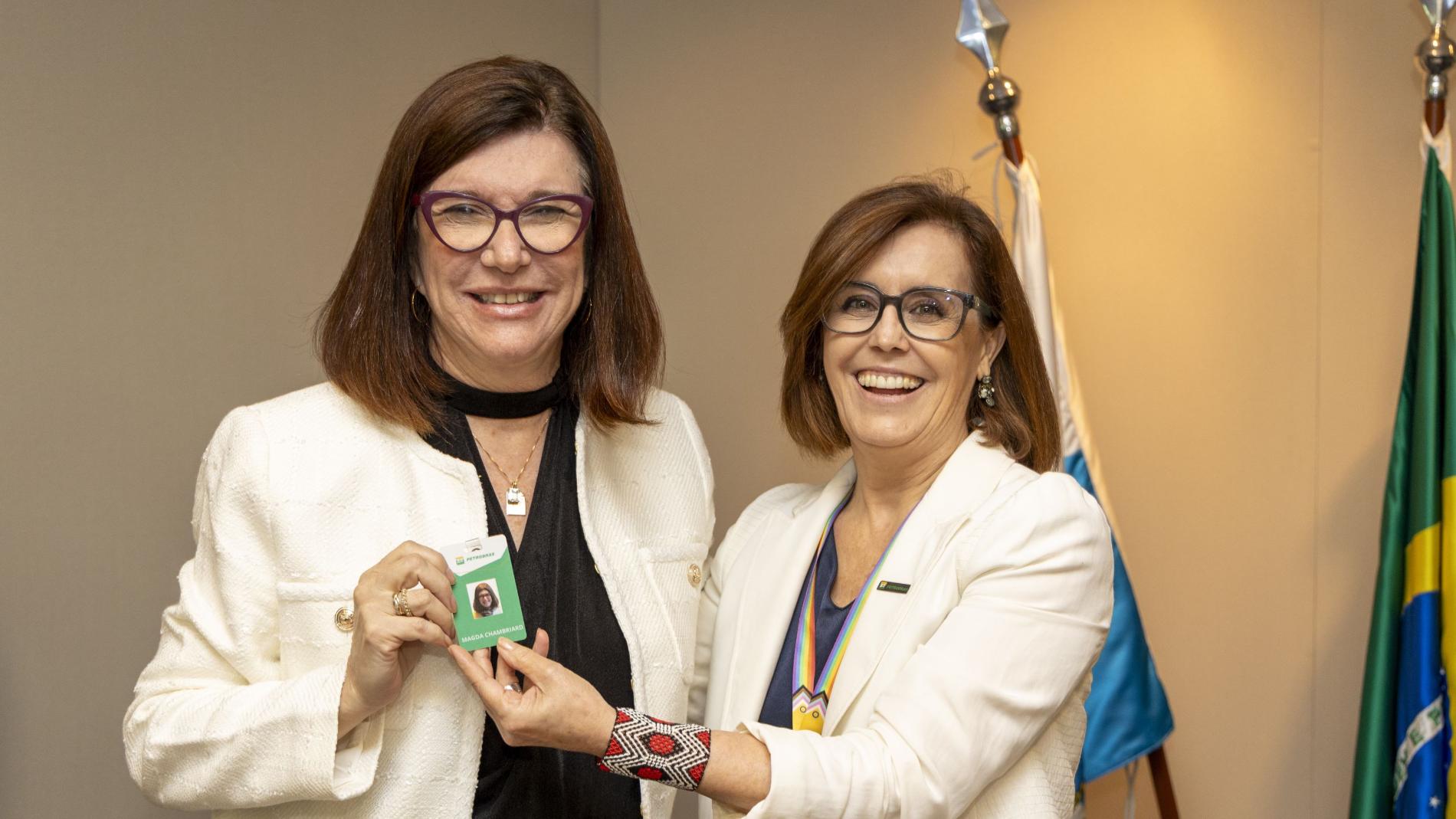Petrobras announced that its Board of Directors has appointed Magda Chambriard as a Board member and elected her as the company’s new Chief Executive Officer (CEO). Chambriard took office immediately, joining the Board without the need for a Shareholders’ Meeting.
Magda Chambriard holds a master’s degree in chemical engineering from the Alberto Luiz Coimbra Institute for Graduate Studies and Research in Engineering and a civil engineering degree from Universidade Federal do Rio de Janeiro. She has specialized in reservoir engineering, formation evaluation, and oil and gas production. Her extensive education includes courses in management, negotiation, risk management, and leadership.
Petrobras bets on strong supply chain to put 14 platforms into production | OilNOW
Chambriard began her career at Petrobras in 1980, working in the production area. In 2002, she was assigned to the Agência Nacional do Petróleo, Gás Natural e Biocombustíveis (ANP) as an exploration and production (E&P) business consultant. She soon took over the superintendencies of exploration and definition of blocks, implementing the ANP’s multi-year geology and geophysics plan.
In 2008, Chambriard joined the Board of Directors of the ANP and became its General Director in 2012. She led the creation of several superintendencies and oversaw technical studies for the first pre-salt bidding. She managed areas including audit, internal affairs, bidding promotion, supply, human resources, and government relations.
Her appointment took hold after Jean Paul Prates tendered his resignation on May 16.
Prates had been entangled in a power struggle with Mines and Energy Minister Alexandre Silveira for months over differing views on Petrobras’ strategic direction. Petrobras’ diverse stakeholder profile, including the federal government and private investors, has led to tensions between the government and minority shareholders, according to an article by the Brazilian Report.
Prates’s exit comes hot on the heels of the company’s Q1 results, with net profits dwindling to R$23.7 billion (US$4.8 billion), down by 38% year-on-year. Factors such as lower sales volumes, a decline in oil prices, and reductions in diesel margins were cited as contributing to the decline. Prates assumed the role of CEO in January last year, following the resignation of the previous CEO, Caio Mário Paes de Andrade.



